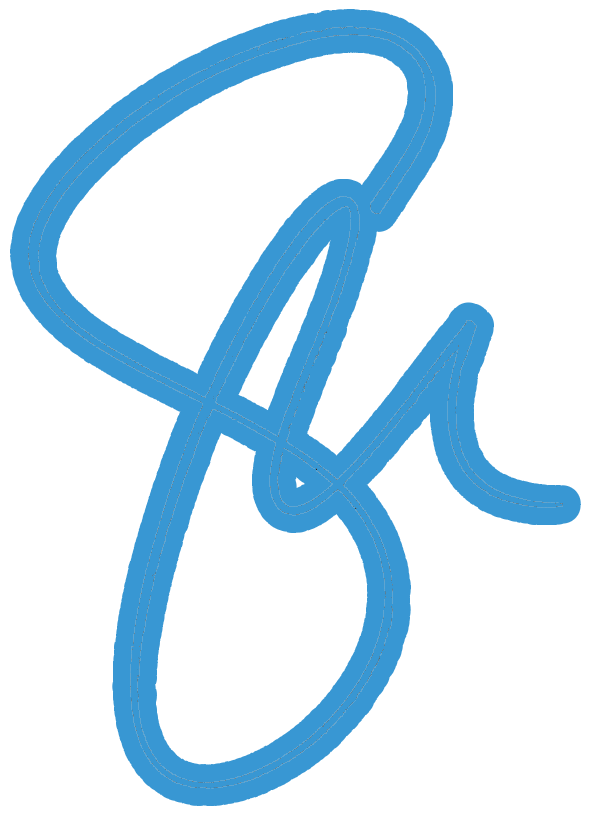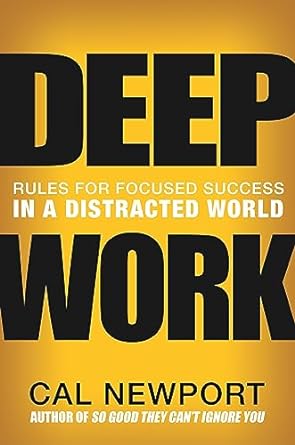Over the last few years, I read more than 110 books. Books have changed my thinking. Whenever I feel stuck in life, I buy books on such topics to learn what people did in a similar situation.
I consume self-help, non-fiction kind of material on a daily basis. Recently, I shared a new experiment on how I read at least 20 pages a day for 30 days to build a sustainable reading habit.
It’s really powerful how a book can change your perspective on life. As the title says, you need the following two books to accomplish almost anything in your professional or personal life.
Let’s dive into the learning part.
1- Atomic Habits to make tiny changes
Table of Contents
ToggleTitle: Atomic Habits by James Clear, Tiny Changes, remarkable results (amazon affiliate link)
Every action you take is a vote for the type of person you wish to become. No single instance will transform your beliefs, but as the votes build up, so does the evidence of your new identity. — James Clear
Atomic habit book is all about building sustainable small habits to achieve massive success in life. James demonstrates how the tiny daily routines add up like compound interest to see the enormous difference in the long run.
You can directly apply James’ small habits technique to create new good habits or break the bad ones.
It’s human nature; whenever we want to build a new achieve something in life, we focus on huge goals, and then what happens? In 4–6 weeks, we are standing alone on the same spot as a failure.
Did you know that 80% of people quit their new year resolution in Feb each year?
Habits are not a goal to achieve but a lifestyle to adopt and live a prosperous life. The real change will come from the compound effect parameter, which you can develop by focusing on tiny habits.
Start small!
2- Deep Work by Cal Newport to boost productivity
Book Title: Deep Work: Rules for Focused Success in a Distracted World by Cal Newport (Amazon affiliate link)
To produce at your peak level you need to work for extended periods with full concentration on a single task free from distraction. Put another way, the type of work that optimizes your performance is deep work. — Cal Newport
As the title suggests, the Deep work term was first introduced by a computer science professor at Georgetown University in 2012, and then he wrote the bestselling book in 2016.
What is “deep work”?
Deep work refers to a professional activity performed in a state of distraction-free concentration that pushes your cognitive capabilities to their limit. These efforts create new value, improve your skill, and are hard to replicate. — Cal Newport
If I put it in simple words, stay focused on your most important tasks without distraction.
In the book, professor Newport states the 9 rules on how to stay focused on your most important projects.
- Understand the way you work
- Prioritize on what matters the most
- Build sustainable routines (Atomic Habits)
- Make sure to take breaks
To succeed with deep work, you must rewire your brain to be comfortable resisting distracting stimuli. — Cal Newport
5. Block some time to do shallow tasks like administrative work, check messages, Slack, etc
Shallow work is non-cognitively demanding, logistical-style tasks, often performed while distracted. These efforts tend not to create much new value in the world and are easy to replicate. — Cal Newport
- Turn off your phone say goodbye to all kinds of notifications.
- Make sure to use the “Do Not Disturb” sign if you are working from the office
- Work in time intervals and stop when the alarm rings
- Be more intentional with your time
Undoubtedly, the most successful people in the world practiced deep work way before Professor wrote the book. Here is the example of a couple of highly successful individuals embracing deep work in their lives.
- Bille Gates
- Alber Einstein
- Warren Buffett
- J. K. Rowling
- Michelle Obama
The bottom line
In summary, you need these two books to develop tiny habits and prosperous life. Atomic habits will support the deep work routine, and the deep work will help you accomplish your more audacious goals.
Mastering these two skills will make you free from distractions and benefit your professional and personal life in the long haul. Start today as the Chinese proverb goes.
The best time to plant a tree was 20 years ago. The second best time is now. — -Chinese proverb

